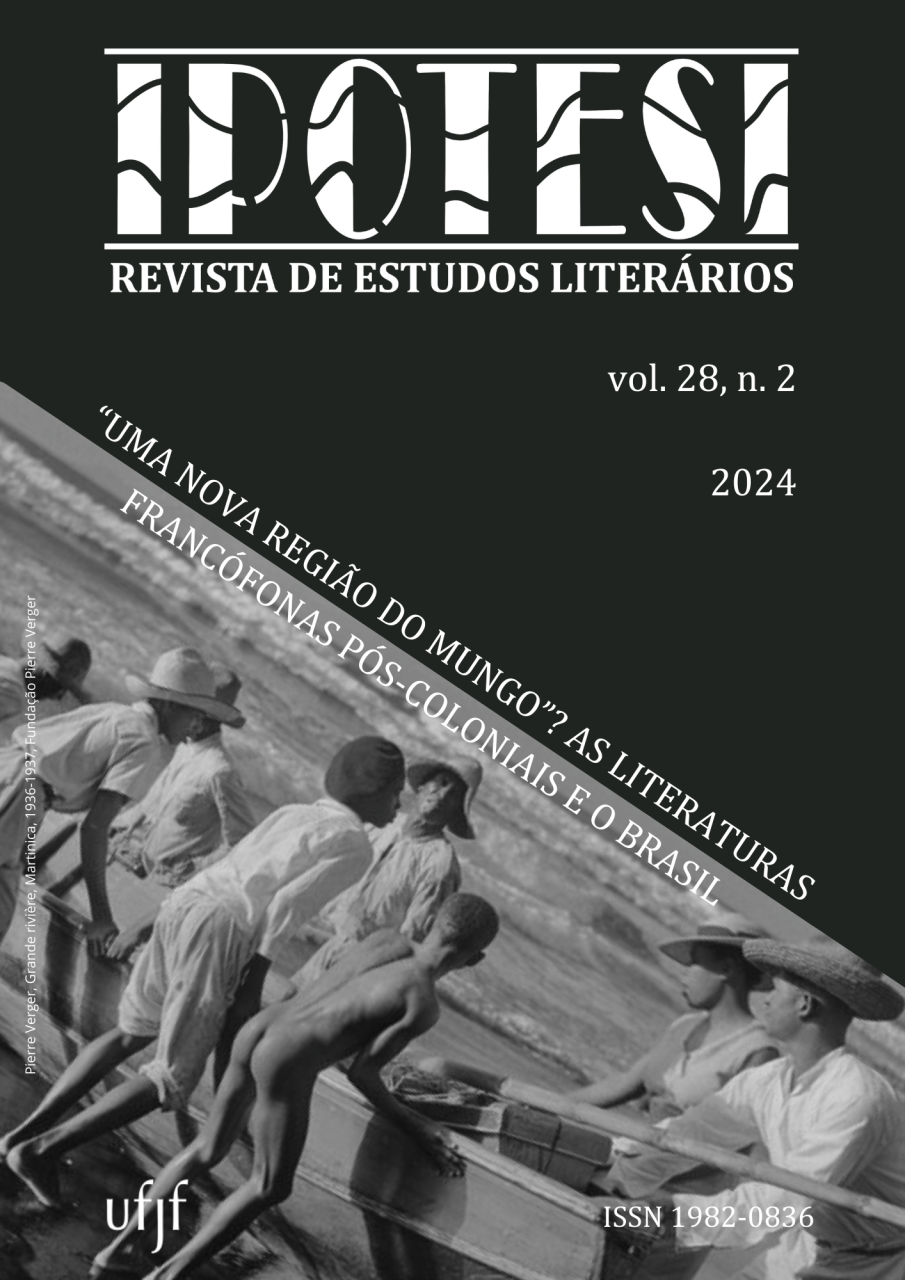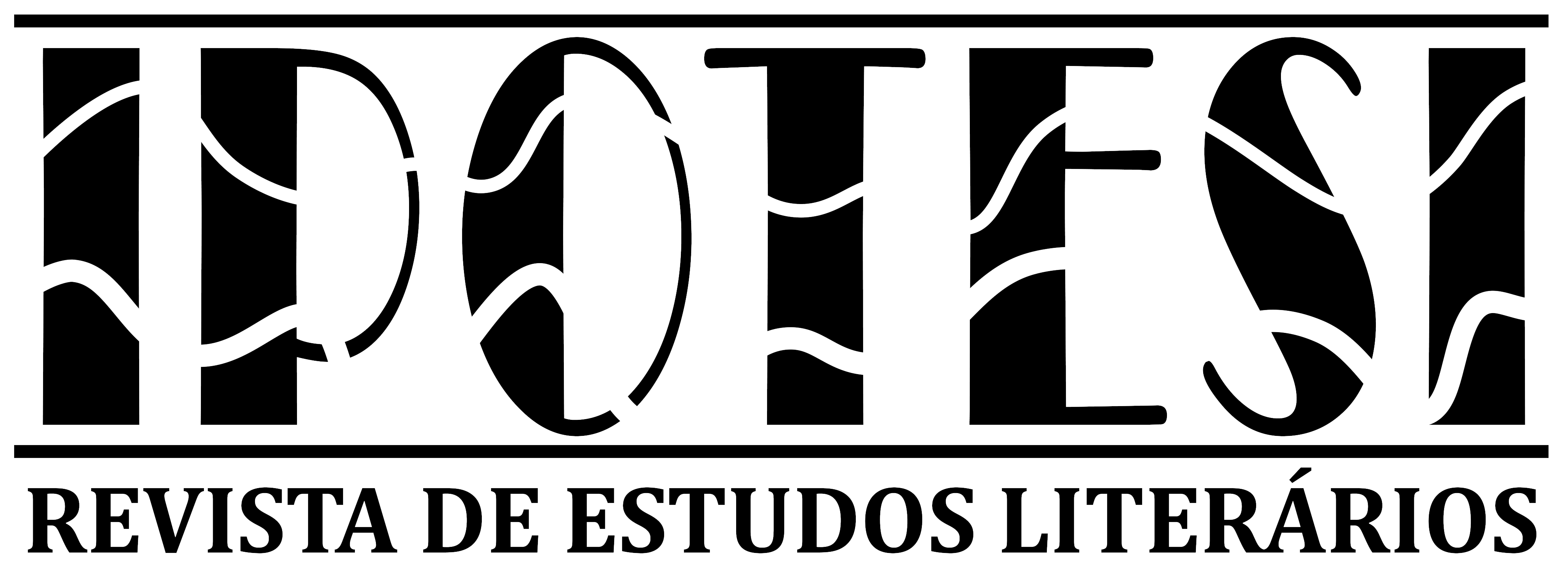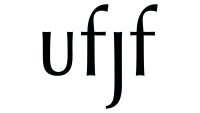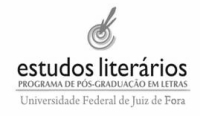Traduzir o cultural
a problemática da explicitação
DOI:
https://doi.org/10.34019/1982-0836.2024.v28.45062Palavras-chave:
Prática da tradução. Tradução de referentes culturais. Explicitação. Notas de tradutor. Objetivos da tradução.Resumo
A explicitação do cultural é um procedimento de adaptação ao leitor. No exemplo de um romance indiano escrito em inglês, mostramos que o contexto fornece a explicitação que permite ao leitor situar melhor os fatos culturais. Na tradução, o contexto geralmente é suficiente, mas, às vezes, um acréscimo verbal se faz necessário, como ilustram alguns exemplos da tradução francesa de um autor coreano. Por fim, comparamos as traduções francesa e inglesa de uma importante obra da literatura chinesa do século XVIII: a inglesa apresenta apenas explicitações suficientes para ler o romance, enquanto a francesa se perde nas explanações, em detrimento da legibilidade.
Downloads
Referências
LEDERER, Marianne. Traduire le culturel : la problématique de l'explicitation, Palimpsestes, 11, 1998.
SETH, Vikram. A Suitable Boy, Londres, Phoenix, 1993.
_____ Un garçon convenable, traduction de F. Adelstains, Paris: Grasset, 1995.
_____ Um rapaz adequado, tradução de Alice Xavier de Lima, Rio de Janeiro: Record, 2014.
SUN-WON, Hwang. La chienne de Moknomi, traduit du coréen par Choi Mi-Kyung, Ko Kwang-Dan e Jean-Noël Juttet, Paris: Zulma, 1995.
XUEGIN, Cao. Hong lou meng, Beijing: Renmin Chubanshe, 1974.
_____ Le rêve dans le pavillon rouge, traduit par Li Tche Houa et Alezaïs, J. Paris: NRF, Gallimard, 1981.
_____ A Dream of Red Mansions, translated by Yang Hsien-Yi et Yang, G., Beijing: Foreign Languages Press, 1978.
Downloads
Publicado
Edição
Seção
Licença
Copyright (c) 2024 IPOTESI – REVISTA DE ESTUDOS LITERÁRIOS

Este trabalho está licenciado sob uma licença Creative Commons Attribution 4.0 International License.










